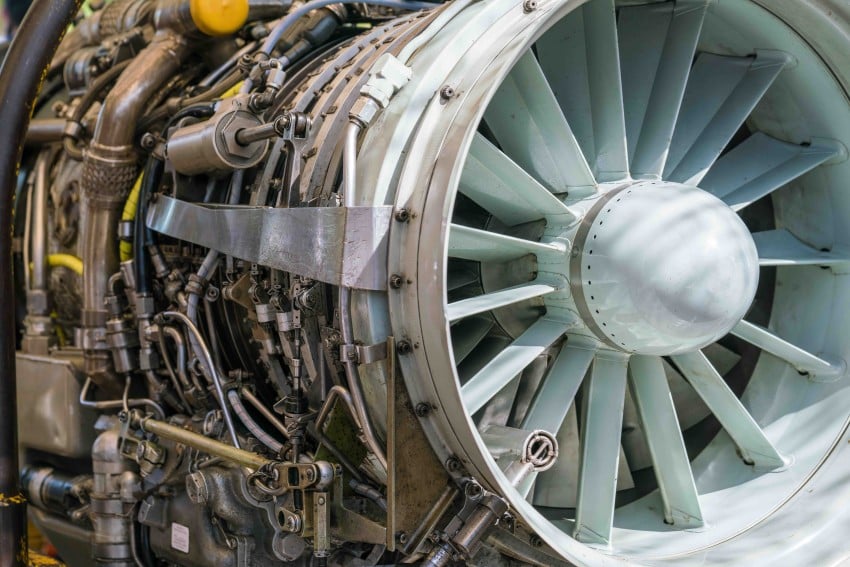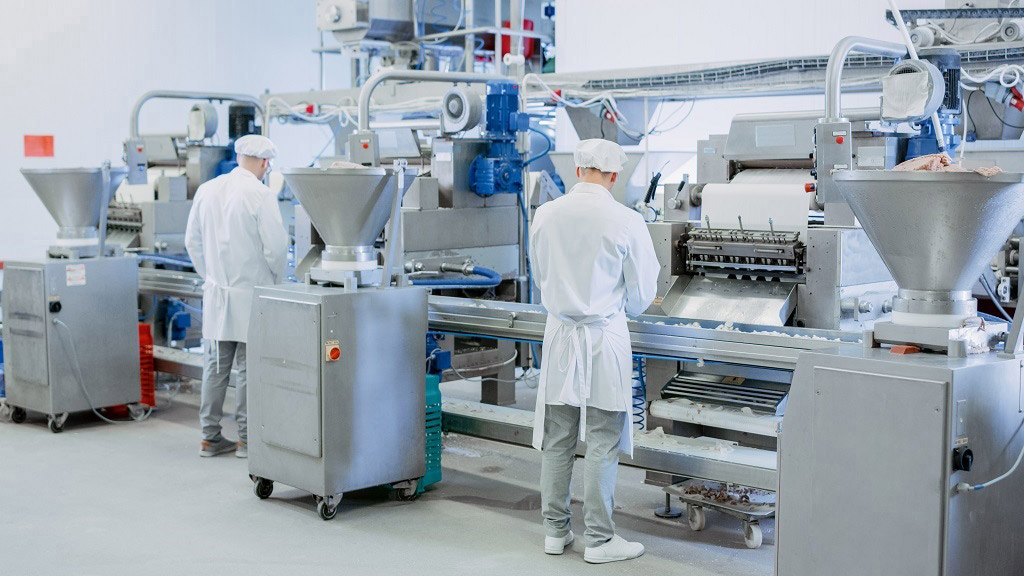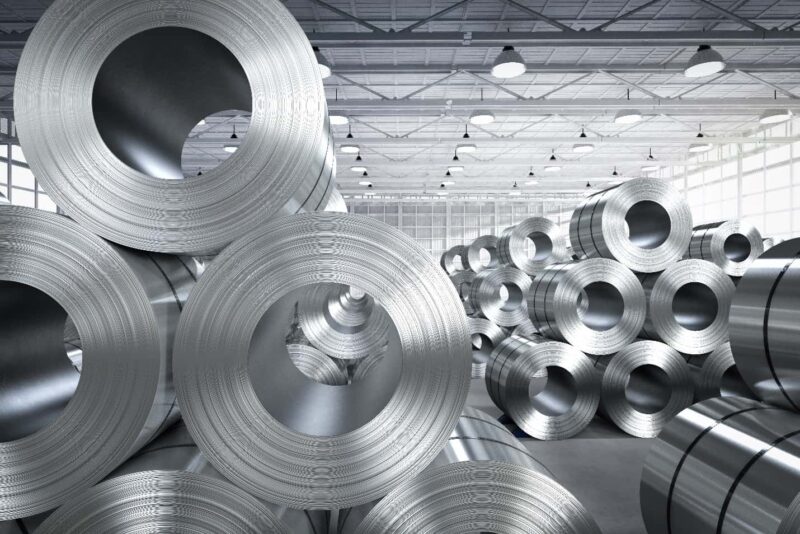Stainless steel is an incredibly versatile material – one that you may not even realize how much you use in your everyday life. From kitchen utensils to skyscrapers, it has been used everywhere for its unique properties of strength and corrosion resistance.
But there are some lesser-known applications of this amazing material that make it truly remarkable. In this article, we will explore four applications of stainless steel that you probably didn’t know about and why they’re so important.
So join us as we take a look at the surprising uses of solid steel and their importance to the world today!
Application of Stainless Metals in the Medical Industry

Stainless steel is a versatile and resilient metal, widely used in many industries, including the medical field. Its anti-corrosive properties make it ideal for surgical instruments and medical equipment, as well as hospital furniture that has to withstand regular cleaning with strong disinfectants.
Stainless steel can be easily sterilized by steam or chemical methods without corroding its surface. It is also highly durable – allowing an object made from it to last for decades with minimal maintenance required – making it perfect for long-term use in hospitals and other medical facilities.
Furthermore, its non-magnetic nature makes it ideal for MRI machines and other sensitive imaging devices because no interference will be caused by external magnetic fields while performing scans on patients.
Finally, its high thermal conductivity makes it great for manufacturing tools such as forceps that require temperature control when handling tissue samples during surgeries or examinations.
Utilizing Stainless Steel in Aerospace Applications

Utilizing stainless steel in the aerospace industry is essential for creating safe and reliable aircraft. Its strength, durability, and corrosion resistance make it perfect for use in aircraft frames, engine components, and other parts that are subjected to extreme temperatures or pressures.
The material can also be used to create lighter yet stronger fuselages which helps reduce fuel costs resulting in reduced emissions per kilometer flown by planes equipped with such engines. In addition, its non-magnetic properties make it great for sensitive imaging machines like MRIs so they can accurately scan patients without interference from external magnetic fields.
Finally, its heat conductivity makes it an ideal choice for manufacturing tools such as forceps which require precise temperature control when handling tissue samples during surgeries or examinations.
The Potential of Stainless Steel for Food Processing Equipment

When it comes to food processing equipment, steel offers many advantages. Its high durability and corrosion resistance make it a popular choice for applications that need reliable performance in wet or acidic environments.
Furthermore, its non-reactive properties mean that the material does not react with food during processing, which is especially important for items such as dairy products and fresh produce. Stainless steel also provides excellent hygiene benefits, making it ideal for use in hospitals and other places where hygienic conditions are critical.
Finally, its low cost makes it the go-to option when budget is an issue.
Benefits of Using Stainless Steel in Automotive Manufacturing
Using stainless steel in automotive manufacturing offers a range of advantages for car manufacturers. Its strength and durability make it well suited to withstand the demands of driving conditions, while its corrosion resistance ensures that parts will last longer with minimal maintenance required.
Furthermore, its light weight makes it easier to transport large components during production and assembly processes. Additionally, welding stainless steel is relatively easy compared to other metals, making it great for complex assemblies or extra-strength connections between different parts.
Because stainless steel can be easily recycled without compromising on quality or integrity, auto manufacturers can reduce their environmental impact by reducing material waste significantly.

Conclusion
Stainless steel is a versatile and long-lasting material with wide applications, some of which may not be immediately recognizable. From stainless steel castings to medical implants, it can be used in a multitude of ways for various industries. It is highly resistant to corrosion and has excellent heat resistance properties, making it the ideal choice for many industrial or medical projects.
With its durability and low maintenance requirements, stainless steel ensures that your project will stand the test of time while providing an aesthetically pleasing finish. The range of applications available for this remarkable metal makes it a valuable addition to any project or industry involved with metalwork.


